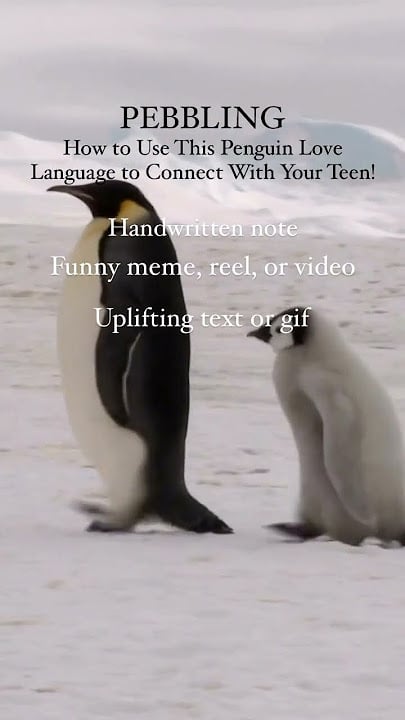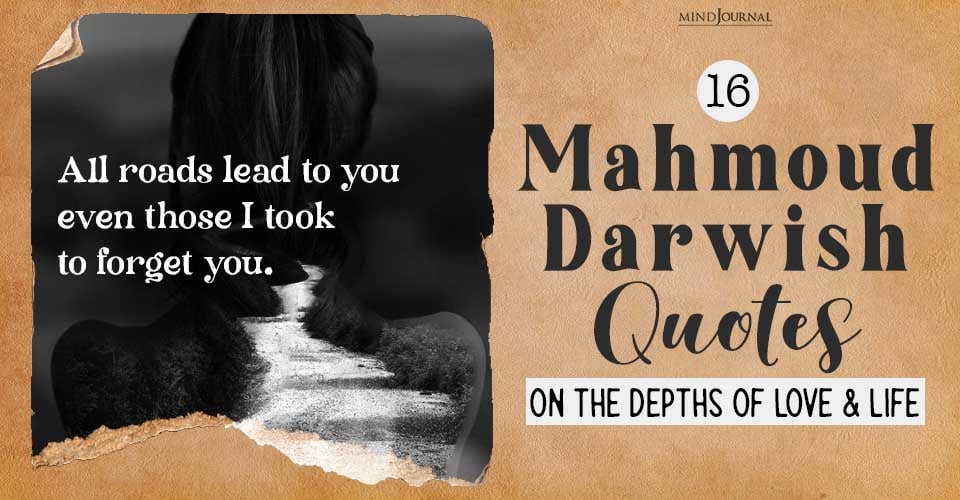All minds are not wired the same way to express and show love. For those on the autism spectrum or with ADHD, affection might look a bit different. Below are five neurodivergent love languages to help you understand love from a different perspective!
We know about Gary Chapman’s The Five Love Languages, but these languages aren’t designed for neurodiverse individuals – who express care and affection differently. Sometimes their loved ones don’t recognize how they share their feelings, or why they act like they do.
So, let’s take a look at ADHD and autistic love languages, which might take on different forms to show how they like to receive affection.
5 Neurodivergent Love Languages For People With Autism And ADHD

Read more here: Emotional Monitoring: Is It Sabotaging Your Relationship? 5 Ways To Fix It
1. Words of Affirmation = Info Dumping
Commonly known as verbal appreciation and encouragement, words of affirmation are considered as an expression of love. In the case of autism or ADHD love languages, these expressions can turn into what is known as “info dumping.”
This refers to the situation when one talks too much about their special interests, hobbies or anything they are passionate about in great detail. It’s a demonstration of trust because people let out their inner enthusiasm.
However, such ‘weird’ fascinations may attract shame or criticism from others who think that person talks ‘too much’.
But still, sharing this knowledge gives people with autism or ADHD a chance to bring other people into their personal world. Therefore, when an autistic or ADHD partner starts talking energetically about something he loves most isn’t strange but rather shows how secure and valued they feel in that relationship.
2. Physical Touch = Deep Pressure Hugs
Physical touch is usually described by people as gentle caresses, hand holding or snuggling. However in autistic or adhd love languages, physical contact is best received with a deep pressure hug.
These people get easily overstimulated and dissociated from themselves than most people understand – so it becomes easier to bring them back into their bodies by giving a bear hug or laying a heavy blanket over their chests. And guess what?
It works like magic to calm their anxious system and it can even spike serotonin levels while simultaneously lowering cortisol concentrations (the stress hormone).
So if this applies to someone you know – all they’re looking for is comfort mixed with closeness hormones). And if your loved one needs these types – this simply signifies their yearning for solace combined with closeness!
3. Receiving Gifts = Penguin Pebbling
Receiving gifts traditionally involves giving tokens of love like flowers or jewelry. Among the 5 neurodivergent love languages, they have something called penguin pebbling.
Gentoo penguins are known to give pebbles to their love interests similarly, people with ADHD or Autism love to share little cool/weird/interesting things as gifts to connect with you.

They have an interest-based attention system and easily detect new/cool/weird things in the world that others can miss. They want to share the tiny joys with you, whether it’s gifting you memes, music, or a rock that looks like Danny DeVito. This is a sign that they think about you.
So, next time your partner with ADHD or autism hands you an oddly shaped rock or a quirky little trinket, know it’s a gesture of affection. Read more here: The Pebbling Love Language: Inspired By Penguins To Transform Relationships
4. Quality Time = Parallel Play
Typically, quality time means giving undivided, concentrated attention to a loved one. But for people who are neurodivergent, this can look like parallel play. Parallel play is when you do individual activities next to each other without interacting or talking constantly.
Occasionally, they might want company but lack the social energy required for extensive communication. During these times, all they want is their partner’s presence without feeling obligated to entertain or keep up a conversation.
This choice indicates that they feel secure and safe in their attachment with the other person. Being in the same space together while engaged in different things is how they connect and bond–even if it’s quietly.
5. Acts of Service = Support Swapping
Going by tradition, acts of service refer to helpful tasks done for a spouse like cooking meals or doing the laundry. In this case of autistic love languages support swapping means that they exchange skills and strengths so as to help one another complete tasks.
What one partner finds easy may be difficult for their opposite-brained half. As an example, they might take over making phone calls while their partner cooks dinner; that shows a profound love for each other and mutual aid.
Understanding and Embracing Neurodivergent Love Languages In order to identify the love language of your partner, think about how a person shows and wants love.
The 5 neurodivergent love languages have different ways of expressing themselves too, but it doesn’t mean that these methods are any less important or intimate.
Here’s a cheat sheet to better understand and communicate with your neurodivergent partner:
1. Info Dumping: Be an active listener and manifest interest in things they’re passionate about.
2. Deep pressure hugs: Squeeze them hard or put on a weighted blanket.
3. Penguin pebbling: Treasure every strange present they give you.
4. Parallel play: Being close together but doing separate activities in silence
5. Support Swapping: Help each other out by taking turns at difficult tasks.
Read more here: What Is Your ‘Couple Identity’? 3 Ways It Can Help Enhance Your Love Life
By adopting these neurodivergent love languages, you will establish more profound connections with your significant other who thinks differently from you and respects their peculiarities as well as yours.









Leave a Reply